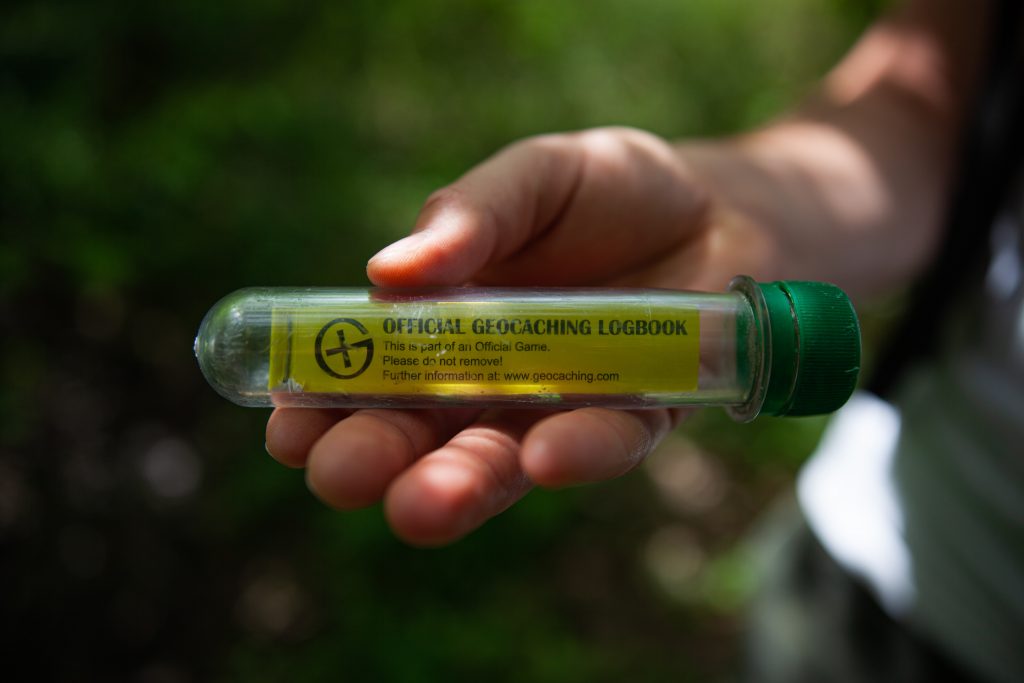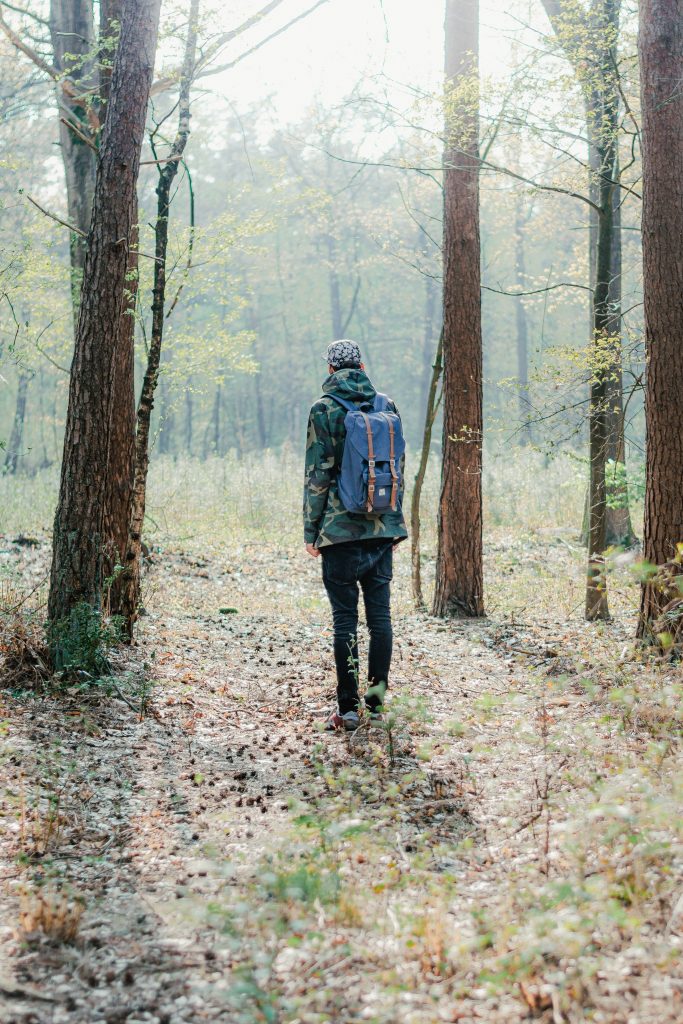Getting lost in the wild might sound scary, but if you know what to do, you can stay safe even if you’re out there for a while.
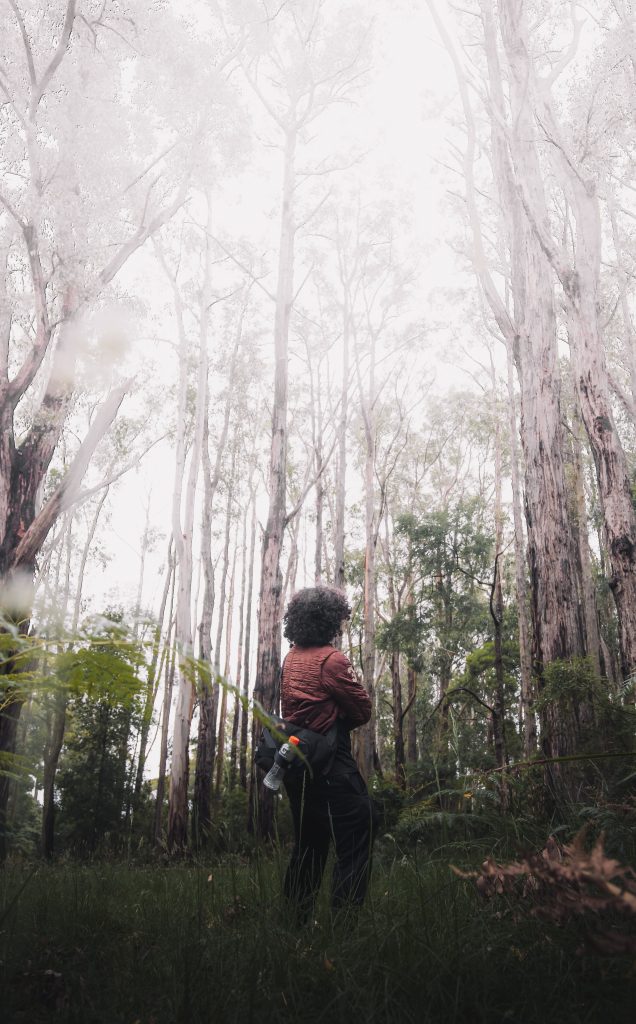
Let’s learn about some things you can do to be okay during 11 days in the wilderness.
1. Stay Calm and Look Around:
If you realize you’re lost, don’t get too worried. Take deep breaths and try to figure out where you are. Look for things around you, like big rocks, rivers, or trees that can help you know where you are.
2. Make a Shelter:
Having a place to stay safe is really important. You can make a shelter using sticks, leaves, and things you find on the ground. It’s like building a little house to protect you from the wind and rain.
3. Find Water:
Water is super important for your body. Look for streams or rivers where you can get water to drink. If you can’t find any, you can collect rainwater using things like big leaves or your hands.
4. Make Signals:
Making signals is like sending messages to people who might be looking for you. You can make big fires with smoke so that rescuers can see it. You can also use shiny things like mirrors or even your phone screen to catch sunlight and make flashes.
5. Find Food:
Finding food can be tough, but there are things you can eat in the wild. Some plants have berries that are safe to eat, and you can also look for insects. It might not be like your regular meals, but it can help you stay strong.
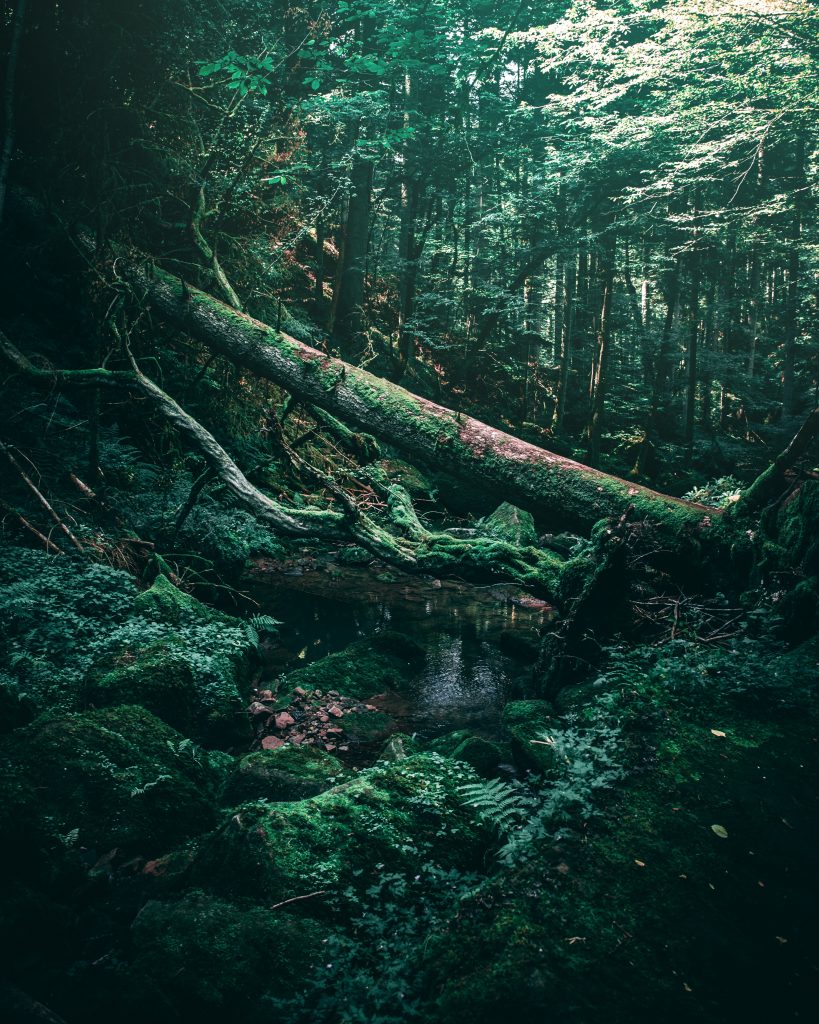
6. Stay Warm:
When it’s cold, your body needs to stay warm. Wear lots of clothes in layers, like a sweater and a jacket. You can also use branches, leaves, and soft stuff to make a cozy spot to sit or sleep.
7. Rest and Be Positive:
Your brain and body need rest, so take breaks when you feel tired. Try to stay positive and think about good things. It’s like telling yourself that you can do it!
8. Leave Clues:
If you want people to find you, you can leave signs like colorful clothes or rocks in shapes. That way, if someone comes looking for you, they’ll see these signs and know where you’ve been.
9. Ask for Help:
If you’ve been waiting for help and it’s not coming, you can try to make noise with a whistle or shout loudly. You can also use things that shine to get the attention of airplanes or people who are searching for you.
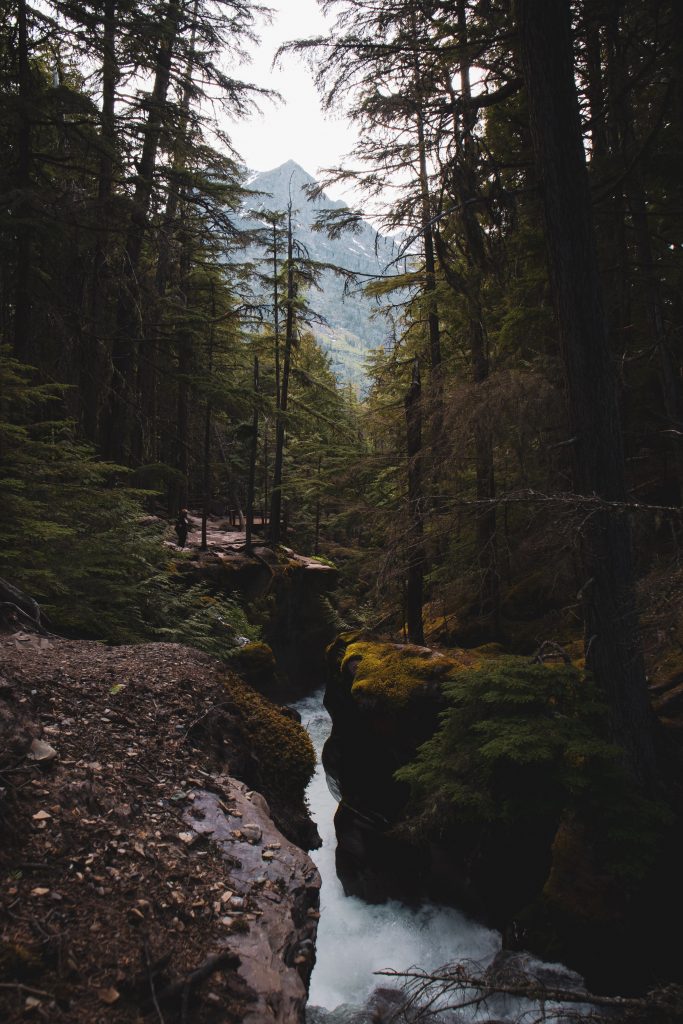
Realistic Example:
Imagine you’re in a forest. You make a little house with sticks and leaves to sleep in. You find a small stream to drink water from, and you also see some berries you can eat. You build a fire and use a mirror to send shiny signals to people who might be looking for you.
Conclusion:
Being lost in the wilderness doesn’t have to be super scary. Remember to stay calm, make a shelter, find water, make signals, look for food, and keep a positive attitude. If you do these things, you can stay safe until someone comes to help you.

